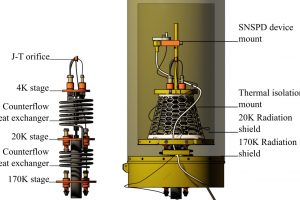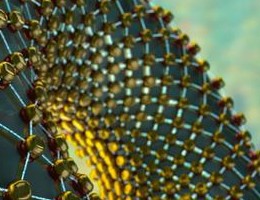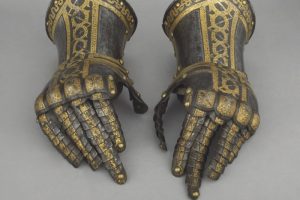It uses a new form of cooling technology that could allow superconducting detectors to be used in cancer treatments, driverless cars and quantum communications.
University Electronics
The latest electronics news from UK universities
Oxford cluster takes on the world in self-drive cars and quantum computing
A tech cluster centred on the University of Oxford could be vital in helping the UK to develop technology for autonomous vehicles and digital health
Feabhas offers graduates free C skills assessment
Graduates can now have their skills in embedded C, C++ or UML assessed for free by software training company Feabhas.
CST Global’s new III-V semiconductor line benefits students in Glasgow
CST Global, the Glasgow-based manufacturer of millimetre wave and optical semiconductors using a non-silicon III-V process, is readying its new, metalorganic chemical vapour deposition (MOCVD) machine. This is a collaboration with the University of Glasgow and commissioning of the processing machine is expected to be completed in time for the 2017 / 2018 academic year. Neil Martin, CEO of CST ...
IBM commits $240m to AI research lab at MIT
IBM has committed to a $240 investment into research on artificial intelligence (AI) hardware, software and algorithms in a joint project with MIT.
Researchers build robot to understand how dinosaurs swam
Researchers at the University of Southampton have created a robot to mimic the swimming style of a prehistoric sea creature. Luke Muscutt, a PhD student in Engineering and the Environment, lead the team which worked with partners at the University of Bristol to analyse the propulsion method of plesiosaurs –marine reptiles that lived at the same time as dinosaurs and ...
Solar researchers at Imperial go back to 16th century
Researchers at Imperial College London have applied optical measurement technology used in solar panels to evaluate the materials used in a gauntlet from a 16th-century suit of armour. The gauntlet is part of the the Wallace Collection in London and conservators wanted to investigate a surface effect applied to the metalwork in swords and armour. The effect is called blueing ...
Comment: 5G – has government learned the lessons of history?
The government must stand ready to seize the semiconductor opportunity that 5G presents and not repeat the mistakes of the past. In 1989, mobile phones were not much smaller than house‑bricks. And few people used them. But the UK government, convinced by its advisers that something very important was about to happen in personal communications, took the imaginative step of ...
Imagination extends university course to give “deep” access to CPU
Imagination has launched a revamped and extended version of its MIPSfpga course for universities that gives budding CPU designers hands-on experience of the inner workings of processors.
UK government puts £16m into 5G test network
The government plans to create a mobile communications networks for testing 5G technology to take a lead in the introduction of next generation mobile services. 5G research teams at King’s College London and the Universities of Surrey and Bristol will be awarded £16m to develop the 5G test network capable of processing huge amounts of data and supporting applications such ...
 Electronics Weekly Electronics Design & Components Tech News
Electronics Weekly Electronics Design & Components Tech News









